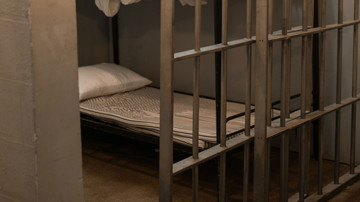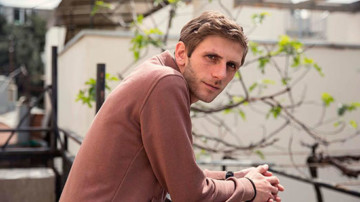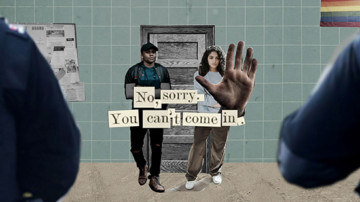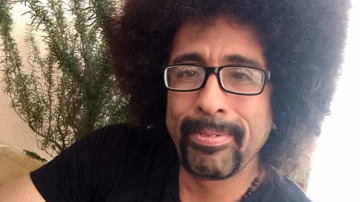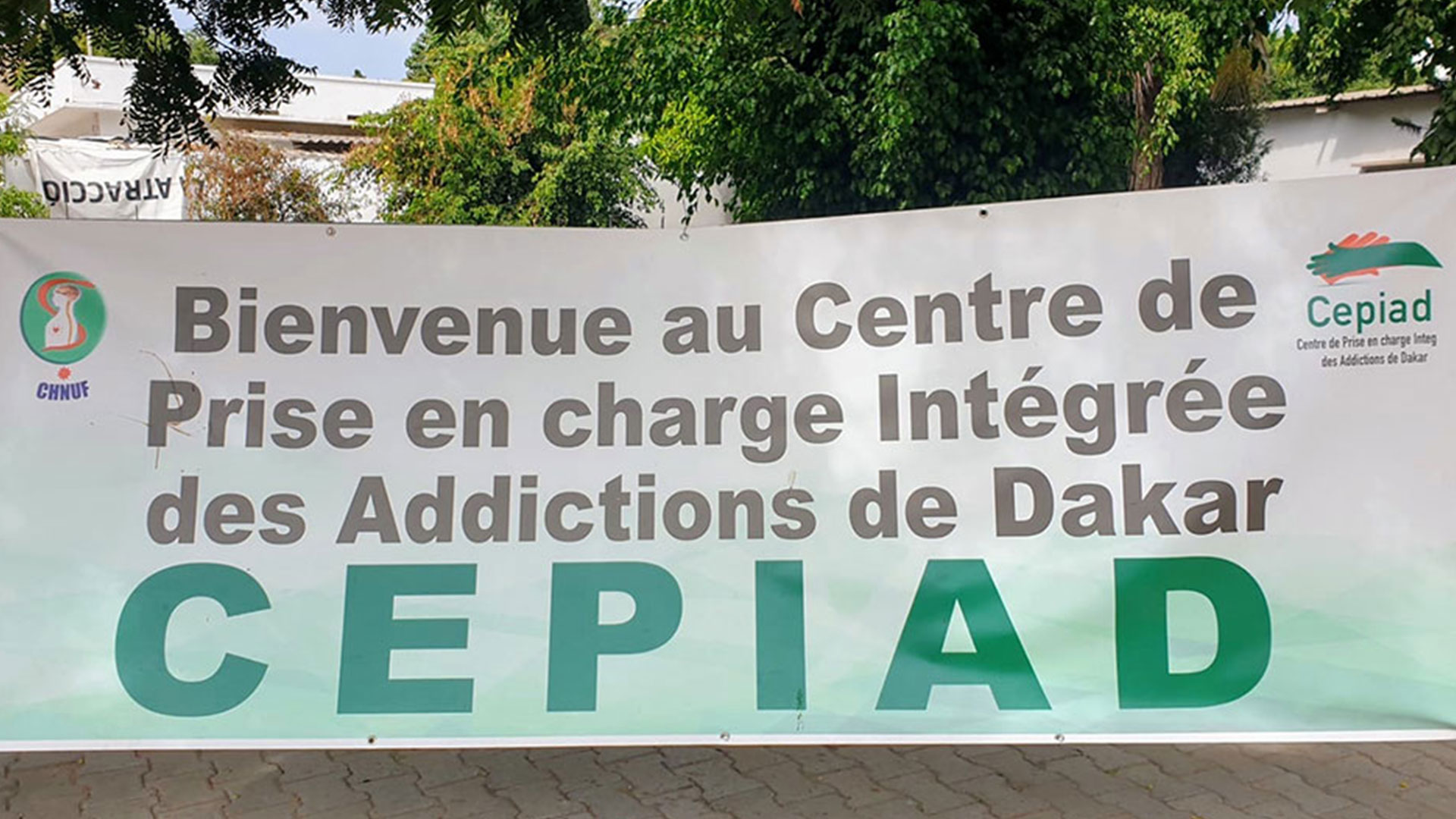
Let me introduce myself: my name is Ousseynou NDIAYE, born on 19 April 1963 in Dakar, Senegal. I am married and father of 9 children from different women (I married three times). I began using drugs around 1985-1986, through friends settled in France.
This happened at times when I had family issues because of a woman I wanted to marry, and who eventually became my second wife and mother of my first children. She was part of a cast, that is to say, she was a griot. I was thrown out of my family home because of that. I was then responsible for stocks and accounting at a large company. Before that, I was smoking cannabis.
I stopped smoking drugs twice. The first time I was hospitalised in Fann Hospital in the years 1990-1991, in the psychiatric department. At that time, Professor SY was working there. I was given my own room and I stayed there for three weeks.
I spent 4 years without using drugs (opioids). I found another job at Africaine Automobile from 2010 to 2014, when I started using again, because of a big and well-known dealer.
I went to prison twice. The first time, it was after a police raid at a drug sale hub. Even though they didn’t find anything on me, I was sentenced to one month in prison for use. The second time, the sanction was very harsh and I spent two years in prison for sale and possession of drugs. The police, once again, hadn’t found anything on me (that’s a long story). Once released from prison, I started working at Ford (Africaine Automobile) as a manager.
In the end, it’s because of the creation of the CEPIAD (Centre de prise en charge integree des addictions de Dakar) and thanks to the help of Professor Idrissa BA and his team, that I pulled through. They made every effort possible to accompany us in quitting heroin thanks to opioid substitution therapy with methadone. They also trusted us and integrated us in their field team to meet our peers, encourage them to come to the CEPIAD and raise awareness of harm reduction.
If the CEPIAD had been created earlier, many lives would have been saved. This is the conclusion I made at the CEPIAD: at least a hundred people who inject drugs have lost their lives unnecessarily.
Photo: UNAIDS
Ousseynou’s story was originally compiled by the Association Sénégalaise de Réduction des Risques infectieux (ASRDR). This story has been translated and edited for clarity.
More stories about Proportionality & Criminal Justice

Disproportionate and excessive criminalisation – Mario’s story
Proportionality & Criminal JusticeMore stories about Harm Reduction

